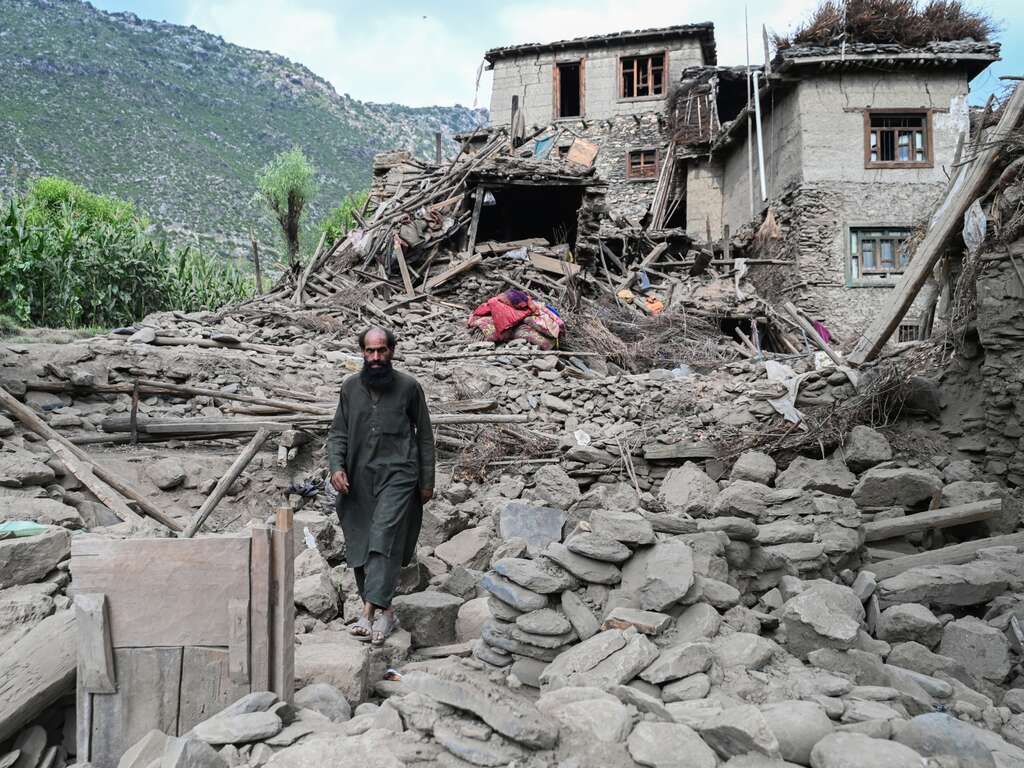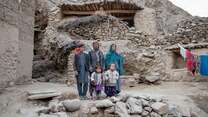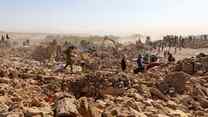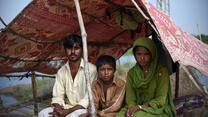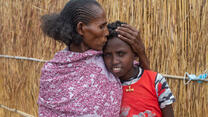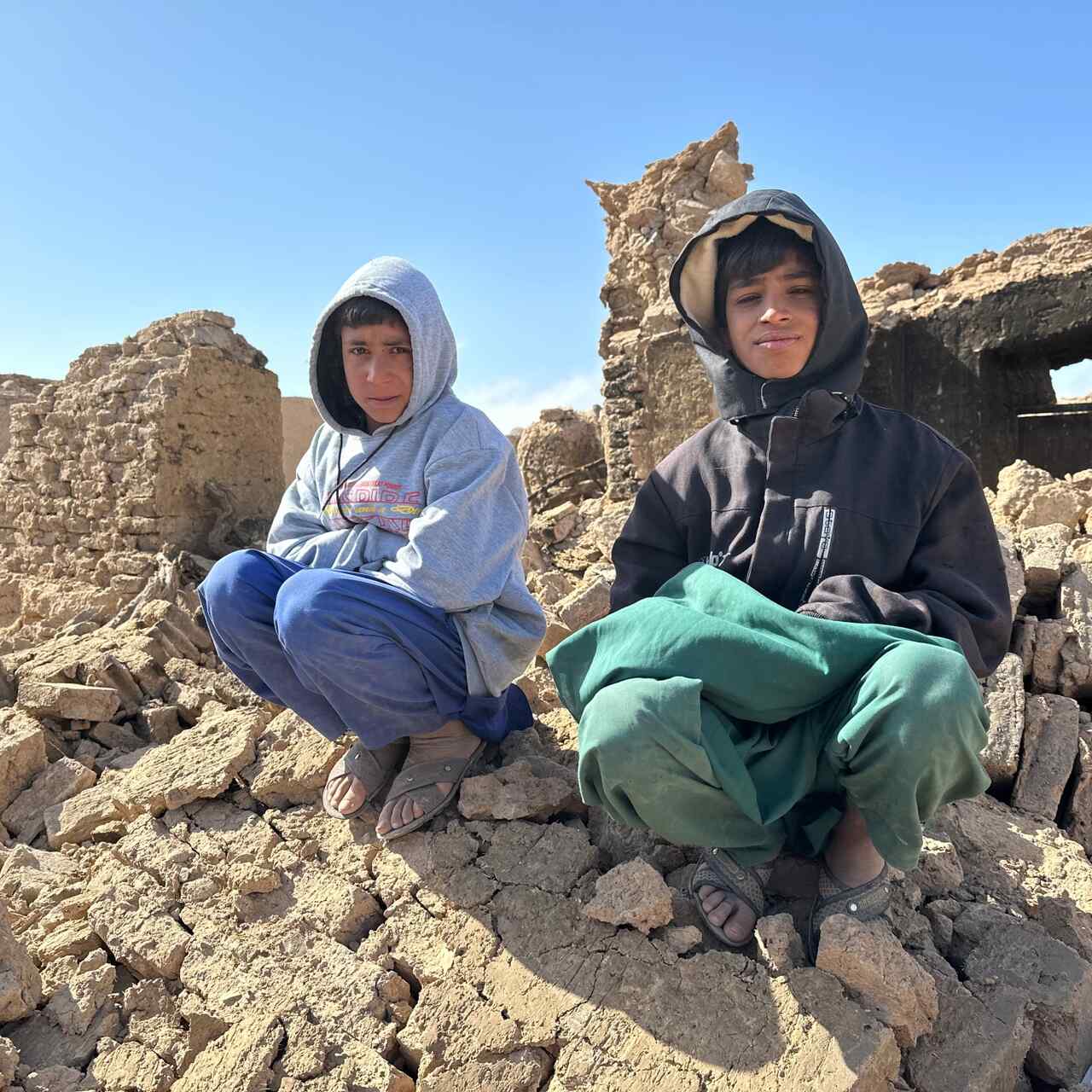
Pakistan has recently announced that undocumented foreigners residing in the country must leave by November 1, 2023, or face deportation. This decision has put 1.7 million lives at risk.
The affected Afghans are now forced to embark on arduous journeys through rough terrain, which has left women and children particularly vulnerable to the harsh conditions and exploitation.
With 29.2 million people in Afghanistan already in need of humanitarian support and winter quickly approaching, the IRC is concerned that the crisis will further strain the limited resources available in the country.
How many Afghans are facing deportation from Pakistan?
Approximately 1.7 million Afghans are facing deportation from Pakistan. Everyday, 300 families are arriving in Torkham, Afghanistan, having returned from Pakistan.
These families have endured long and difficult journeys spanning several days, exposed to the harsh elements with many and forced to give up their possessions in exchange for transportation. Many, including young children, are arriving with injuries to their feet and faces as they have fallen during their travels.
In total, some 200,000 Afghans have already crossed the border from Pakistan — most are in need of immediate humanitarian support.
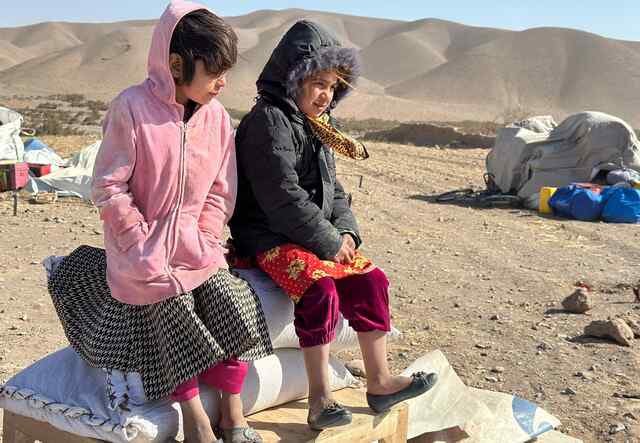
What conditions are deported Afghans experiencing?
The Afghans returning from Pakistan—many of whom have not lived there for decades—face a bleak future. The country is still reeling from decades of conflict, economic crisis and recent devastating earthquakes. Over 6.1 million people are internally displaced and living in dire conditions.
The situation for women and girls in Afghanistan is exceptionally challenging and needs will likely only worsen as a harsh winter approaches. There is an urgent need for increased support from the international community at a time when funding is sharply decreasing.
The world cannot afford to lose attention on Afghanistan, which is still reeling from decades of conflict, economic crisis and recent devastating earthquakes.
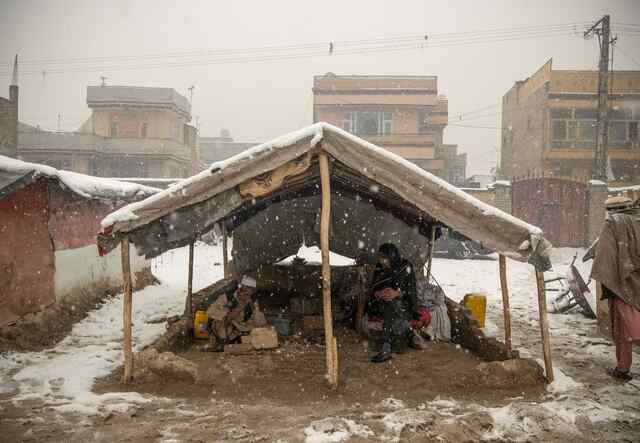
What is the IRC doing to support deported Afghans?
The IRC is providing critical support to Afghans arriving at camps at the crossing area in Torkham, Nangarhar. The IRC has deployed a mobile health team that has reached over 9,500 people with emergency medical care, maternal healthcare, nutrition services and mental health support. Meanwhile, the IRC is also delivering psychosocial support for vulnerable groups, including women and children, installing latrines and waste management sites and delivering information on the prevention of communicable diseases.
The IRC also carried out an assessment of individuals arriving in Afghanistan’s Torkham Township.
Key findings include:
- 30% of respondents were women, 59% of whom were pregnant or lactating.
- 22% of respondents were living with a disability.
- 89% of respondents reported having no information about available services or next steps.
- 68% of respondents reported that they have received no assistance, signaling a significant absence of humanitarian support.
- 84% of respondents reported having no access to food. One-third reported signs of malnutrition among children.
Learn more about the IRC’s work in Afghanistan.
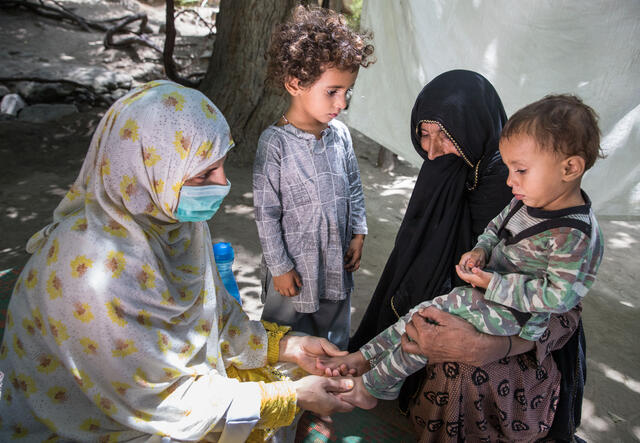
How can I support Afghans who have been deported from Pakistan?
The IRC has been in Afghanistan since 1988 and works with thousands of villages across twelve provinces. More widely, we are continuing to work with local communities to manage development projects, provide safe learning spaces, community-based education in rural areas, basic health services to remote and hard to access communities and uprooted families with tents, clean water and sanitation.
